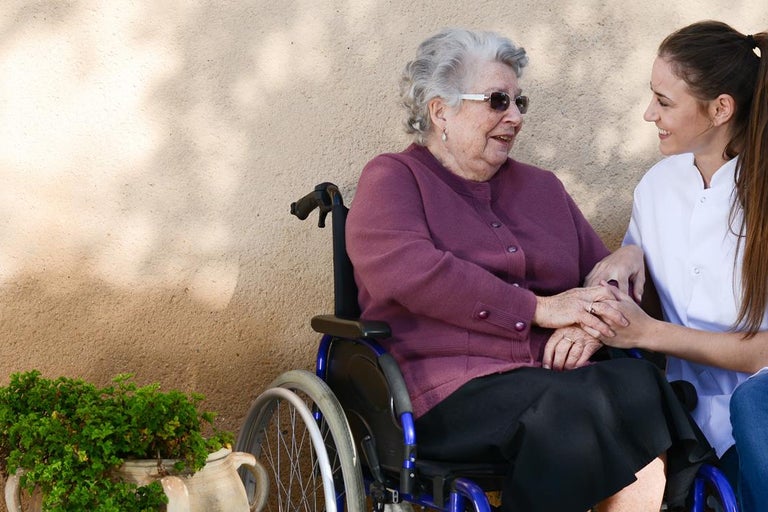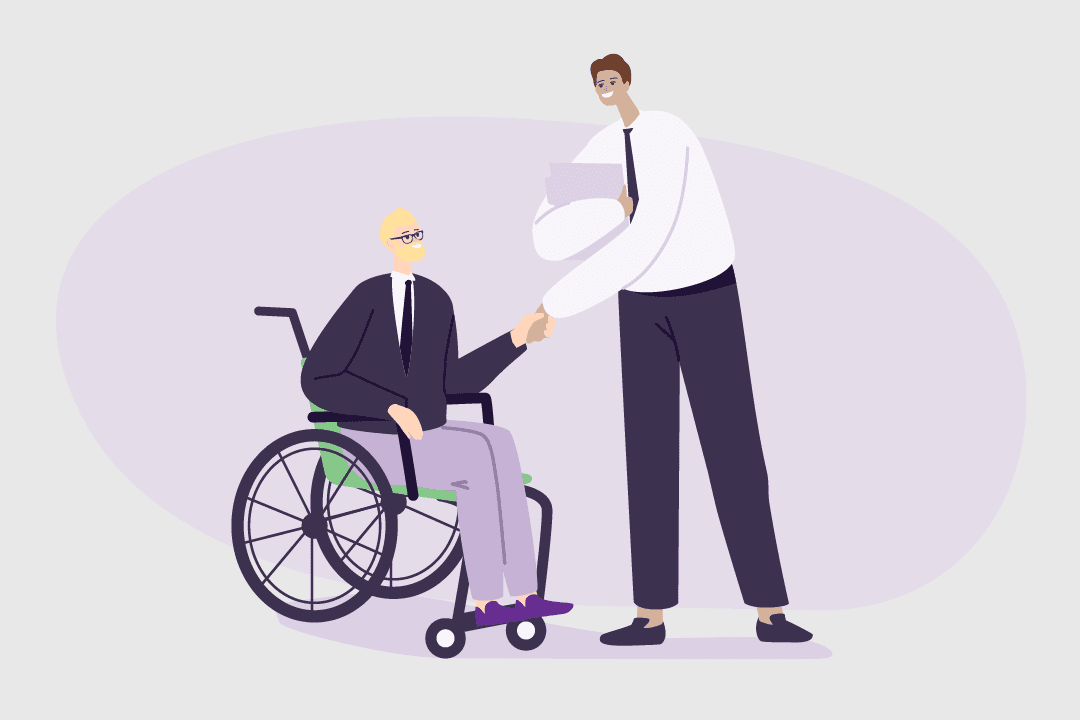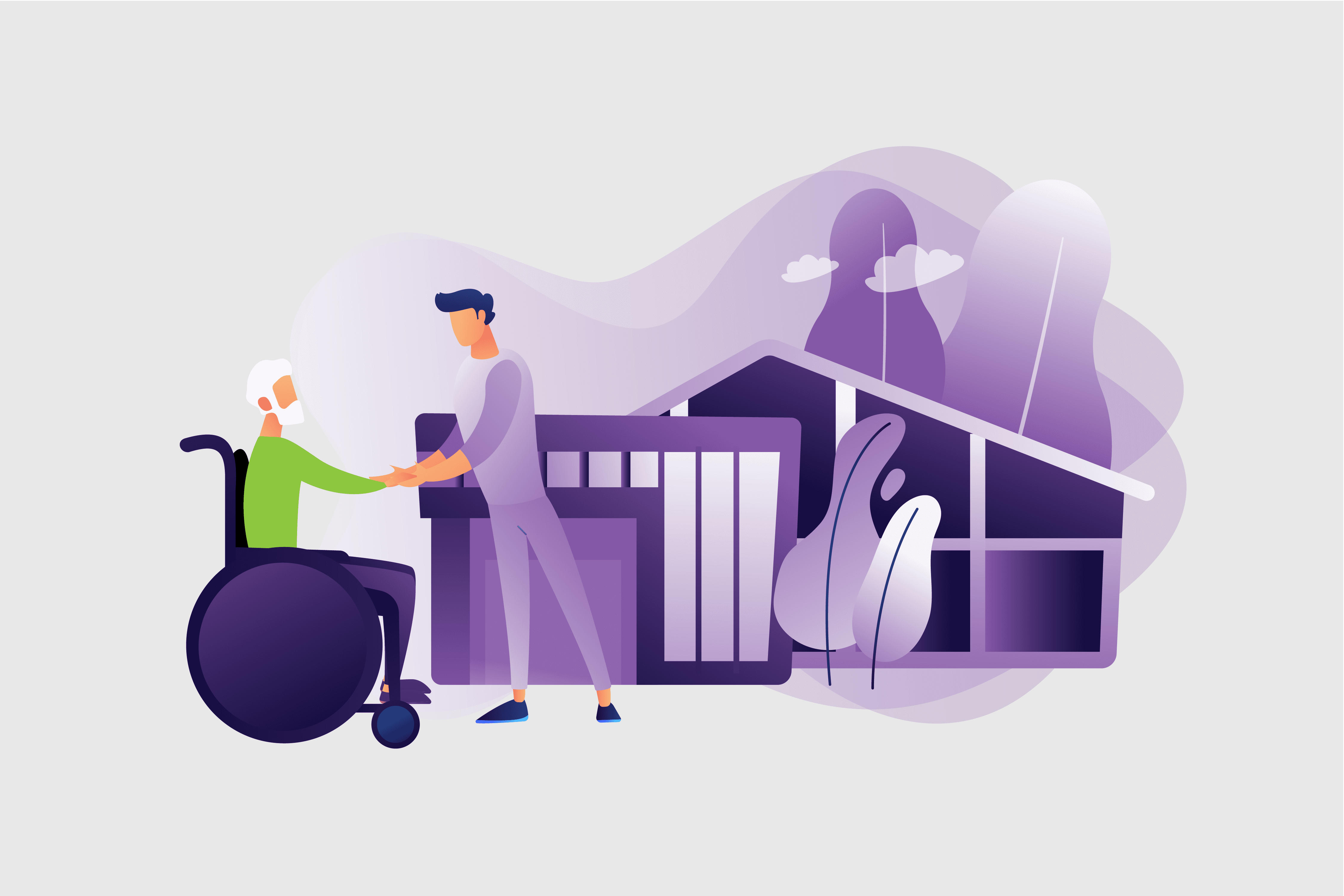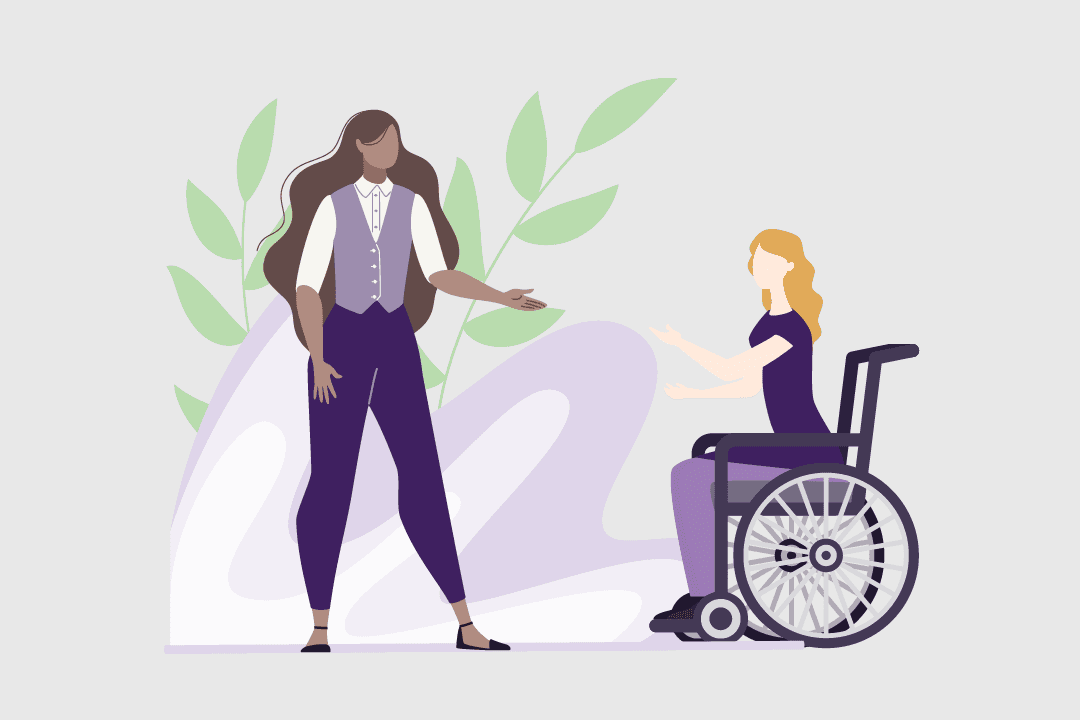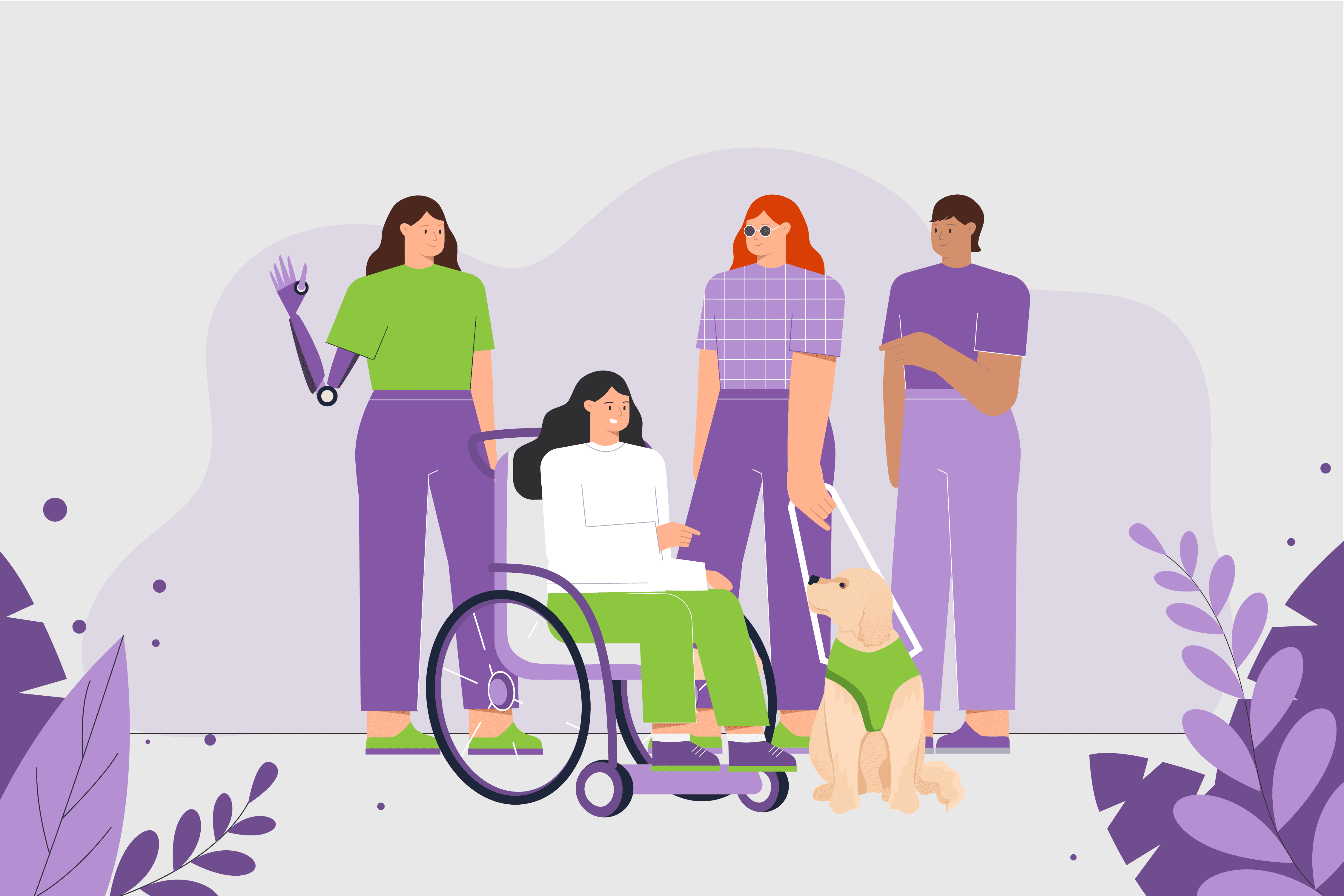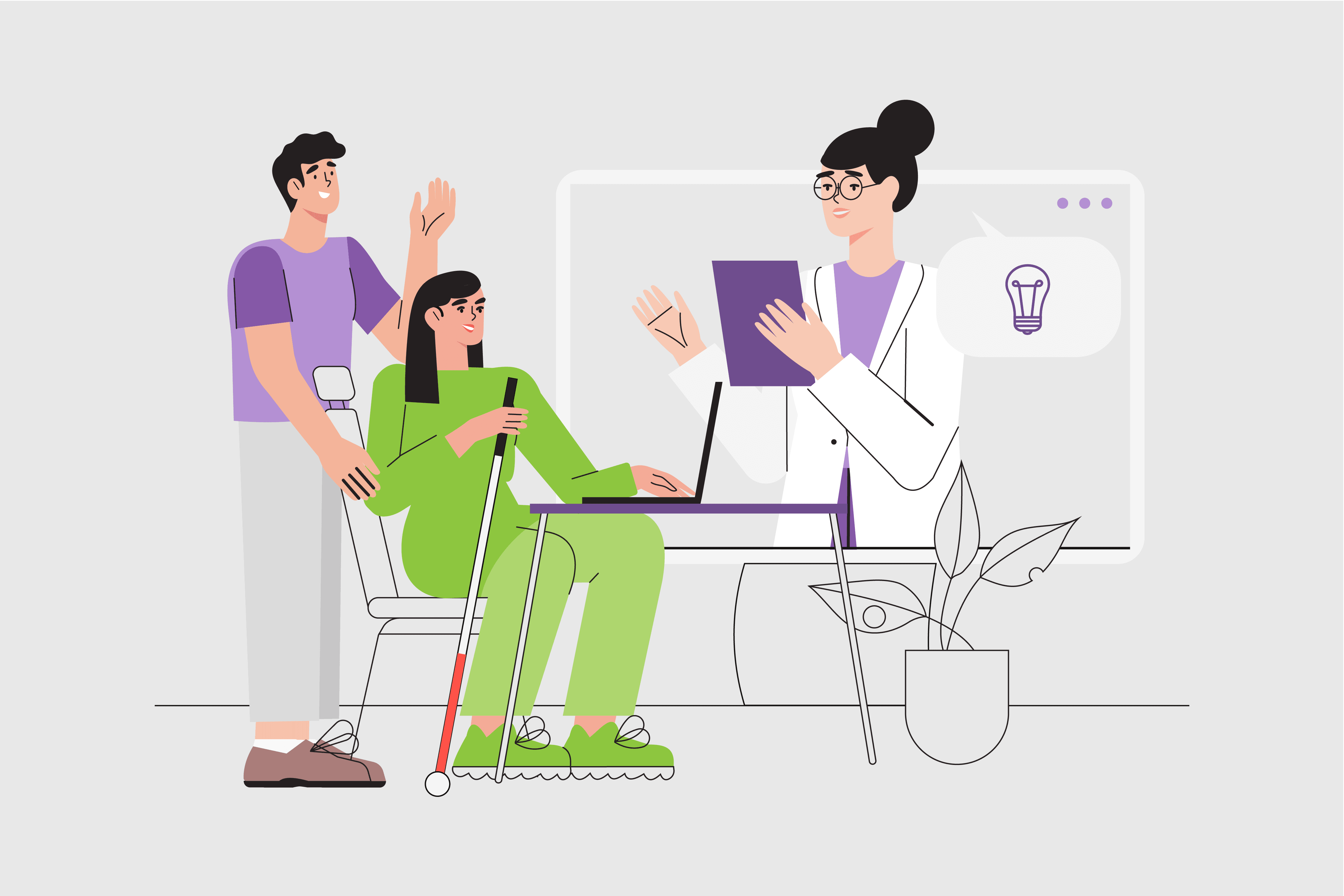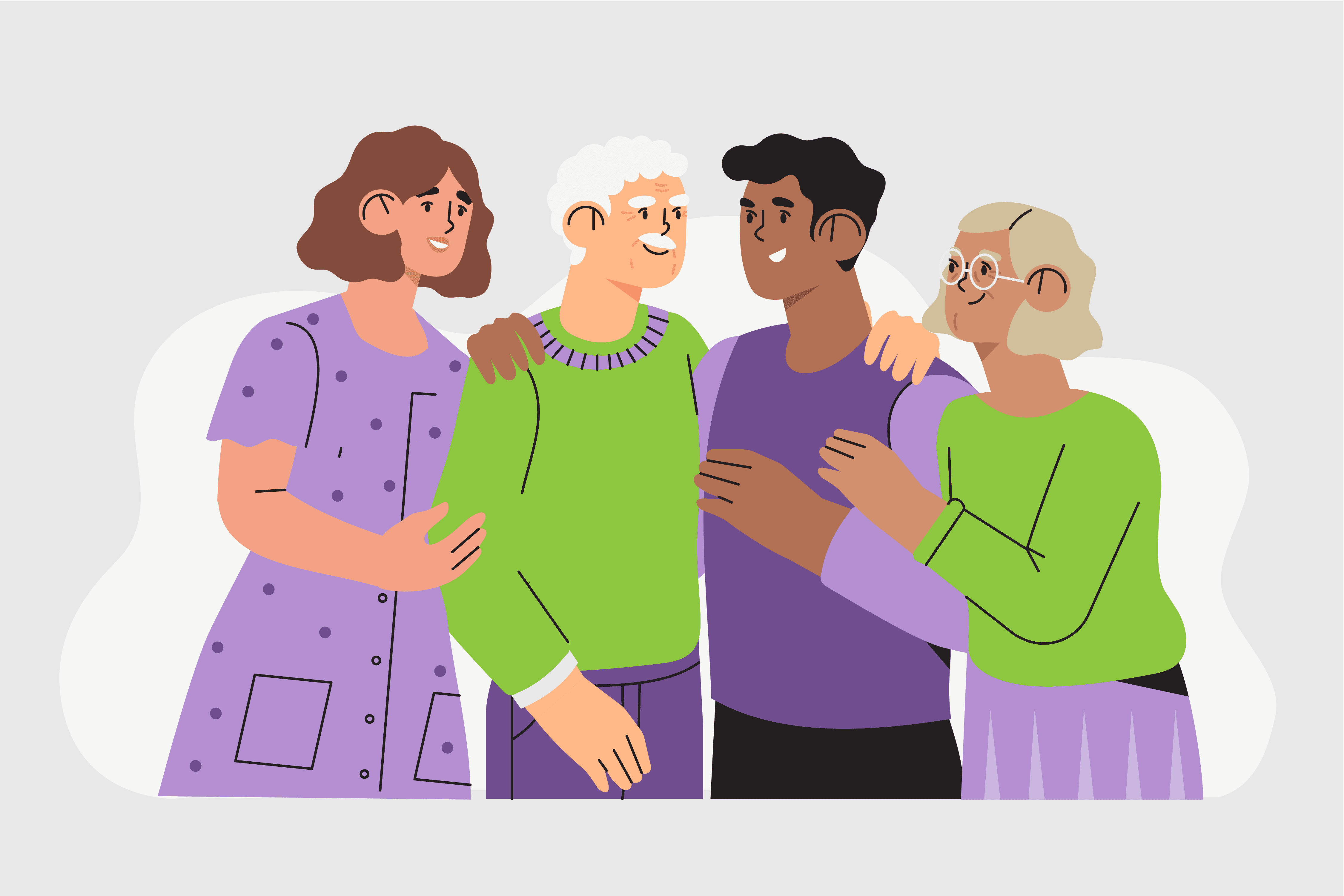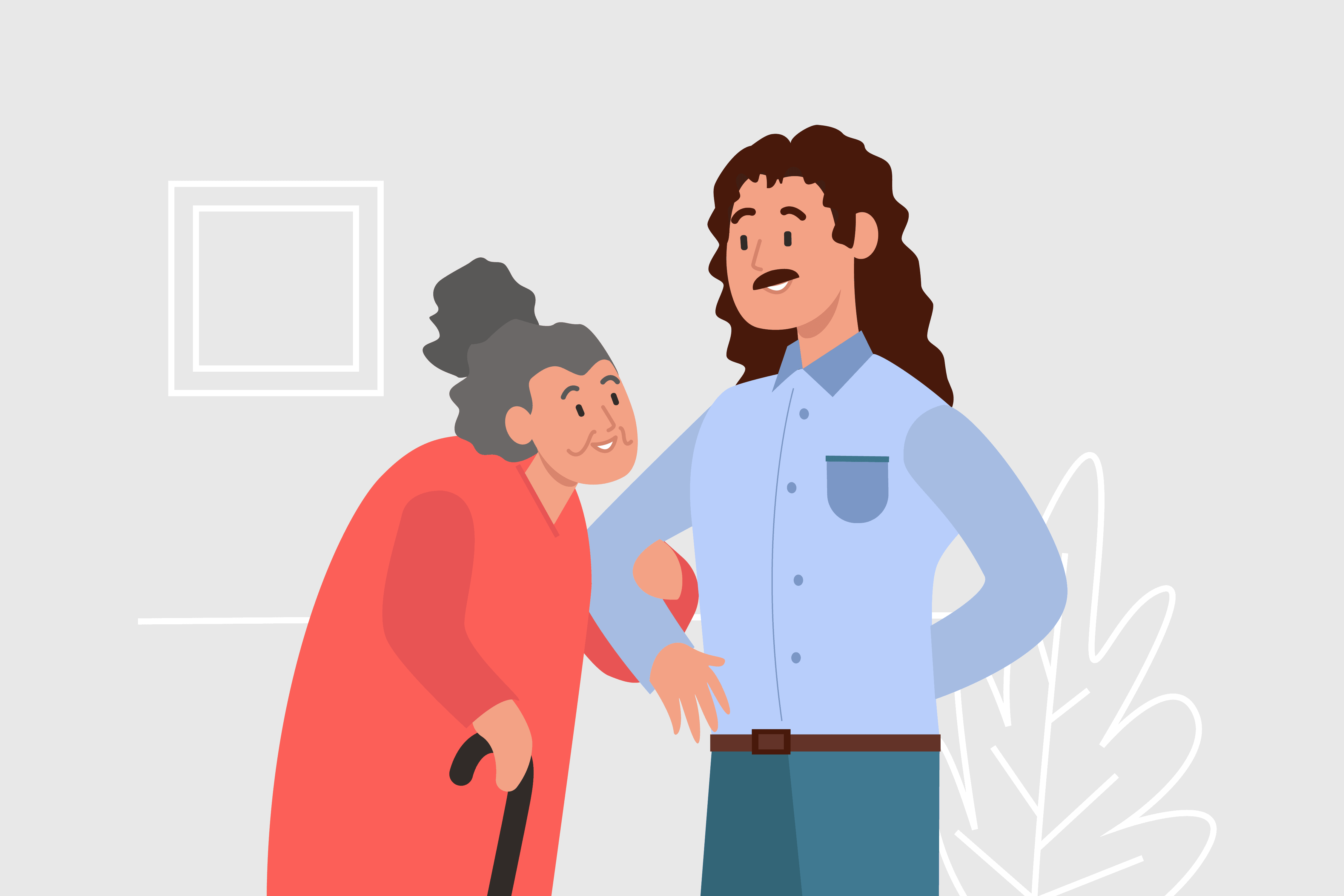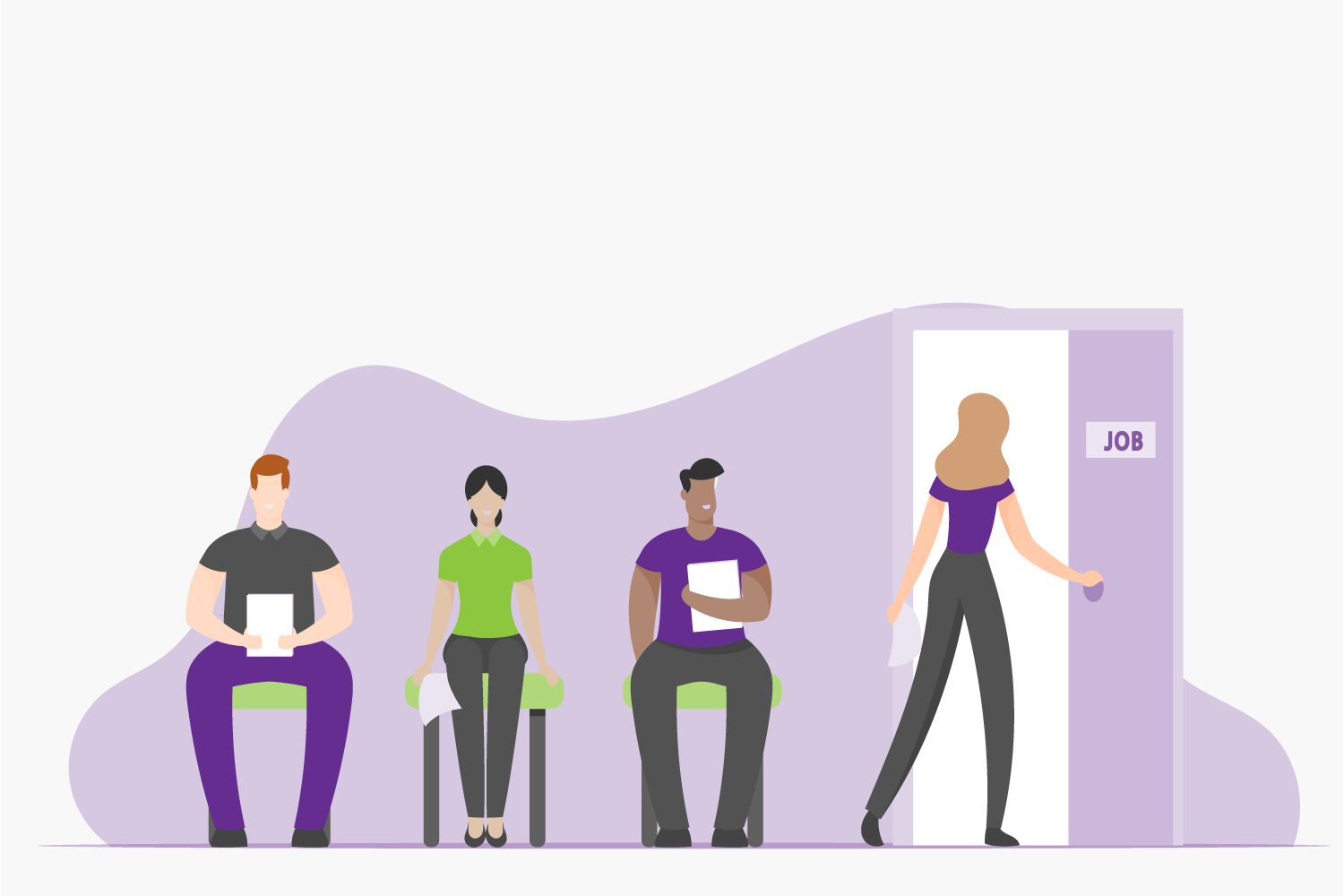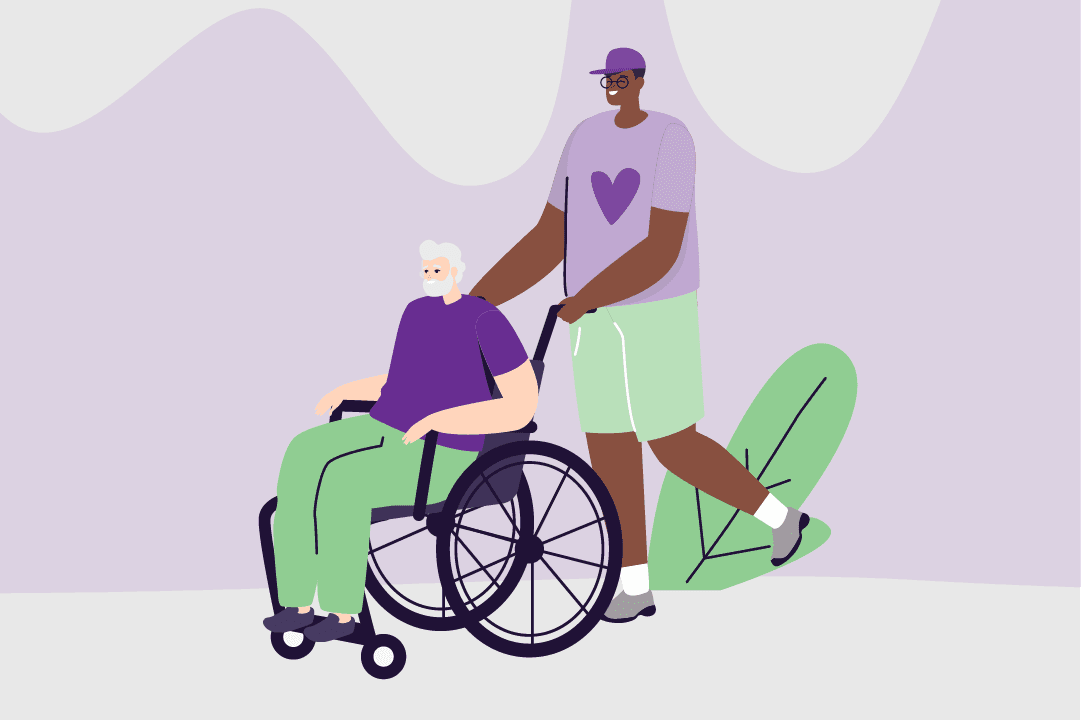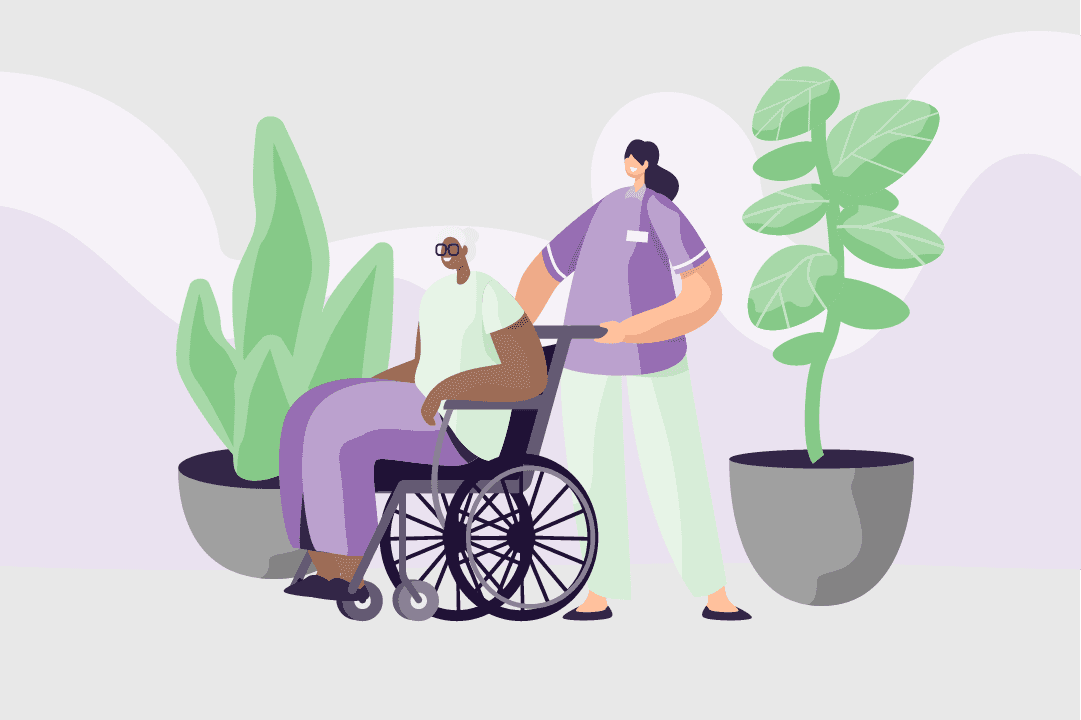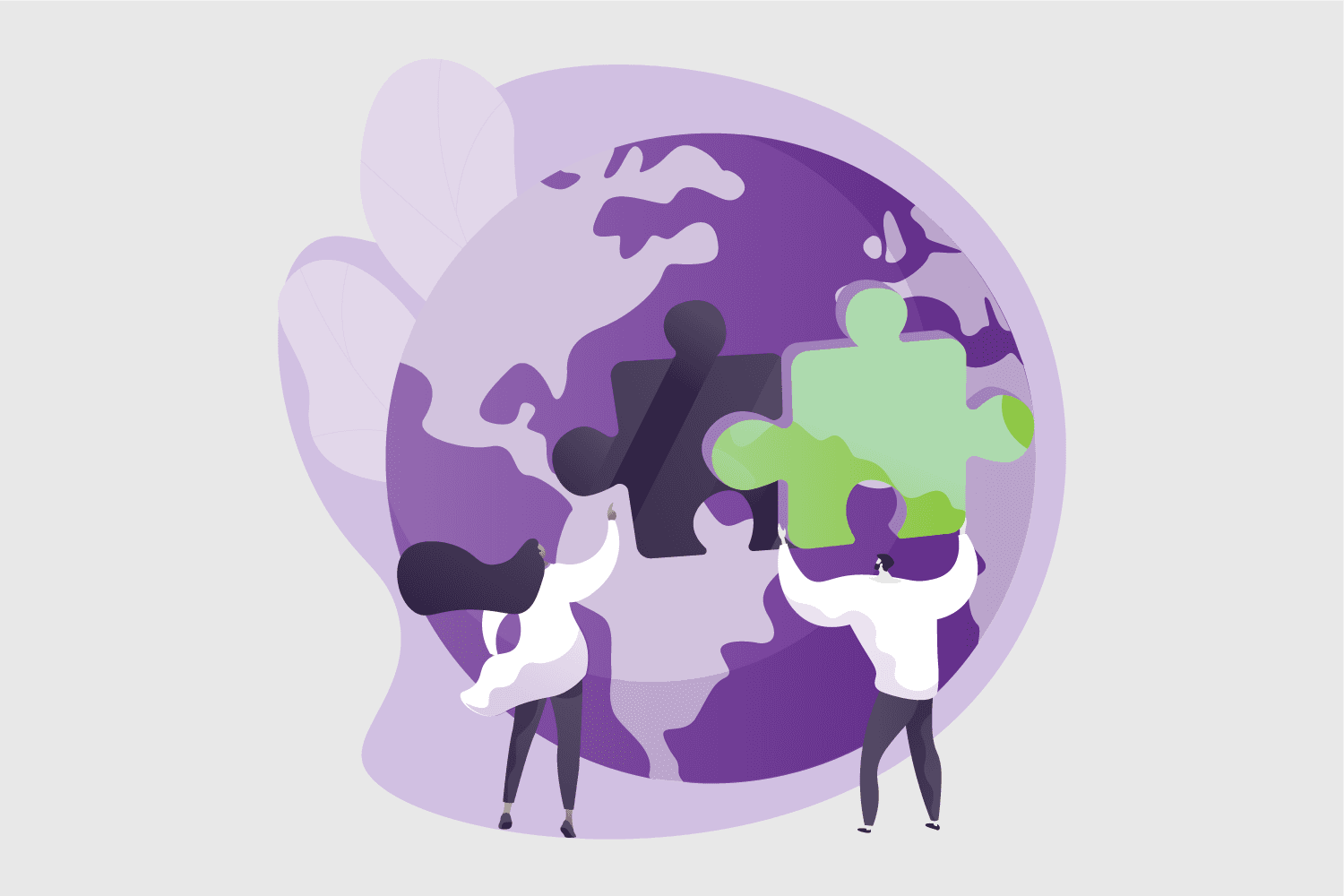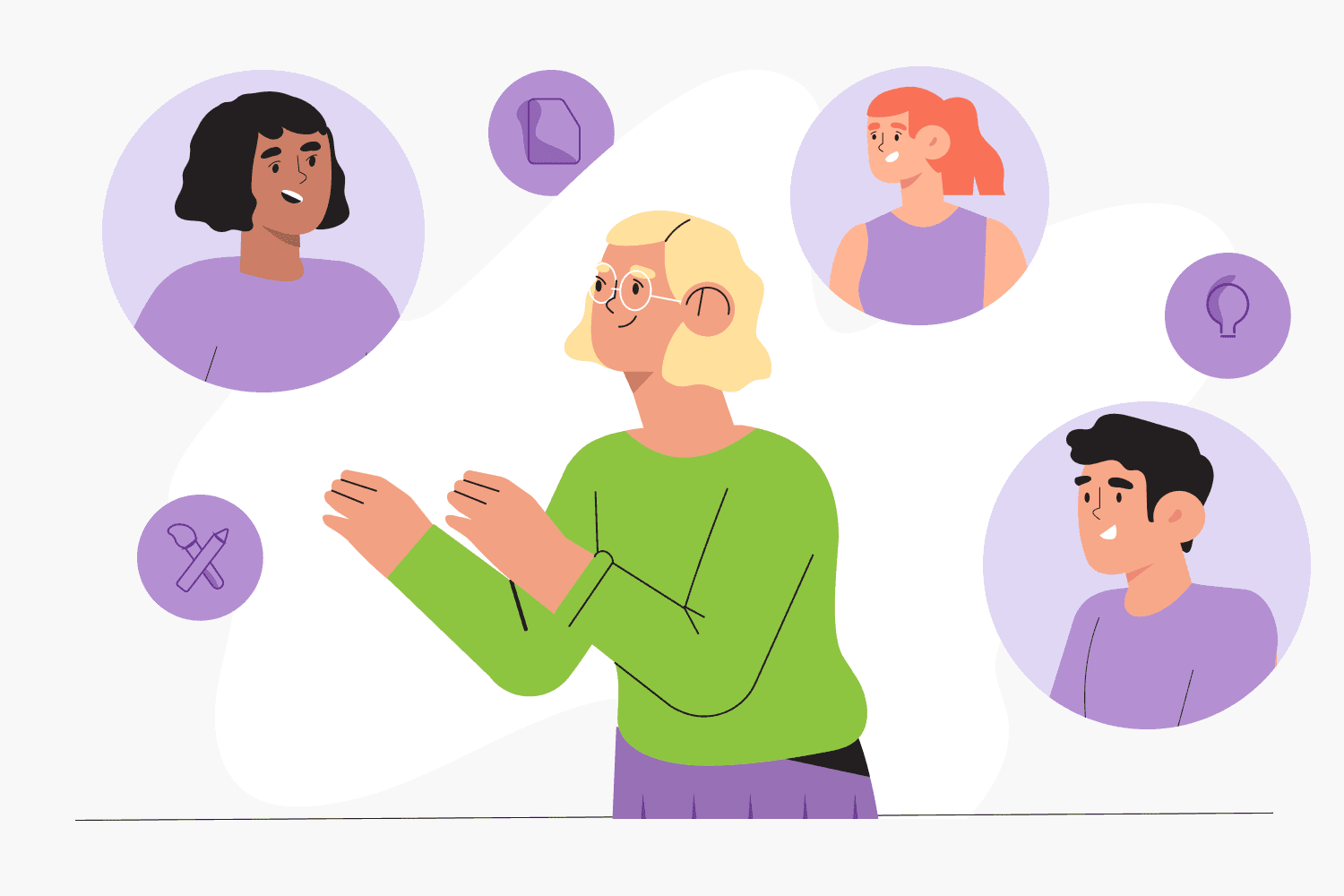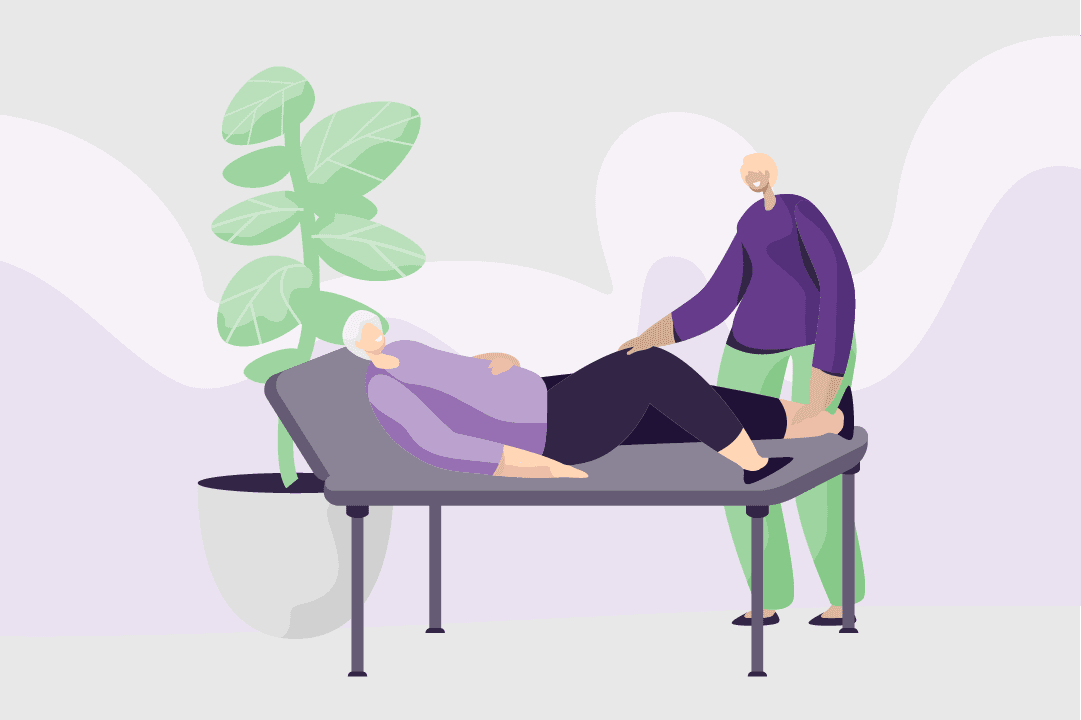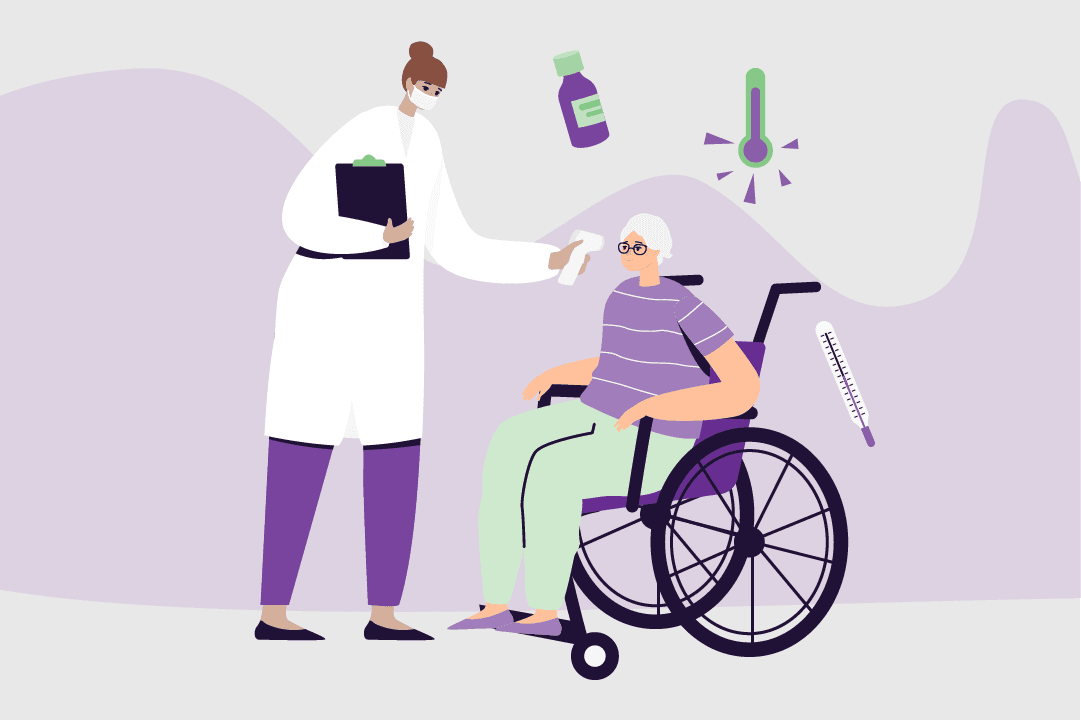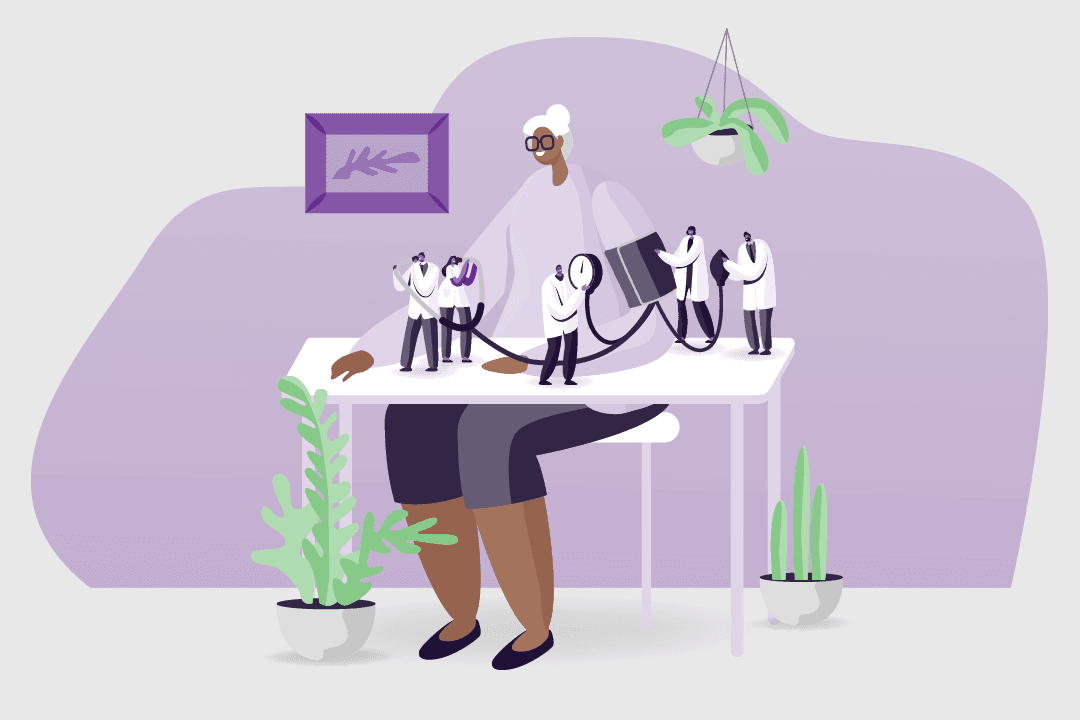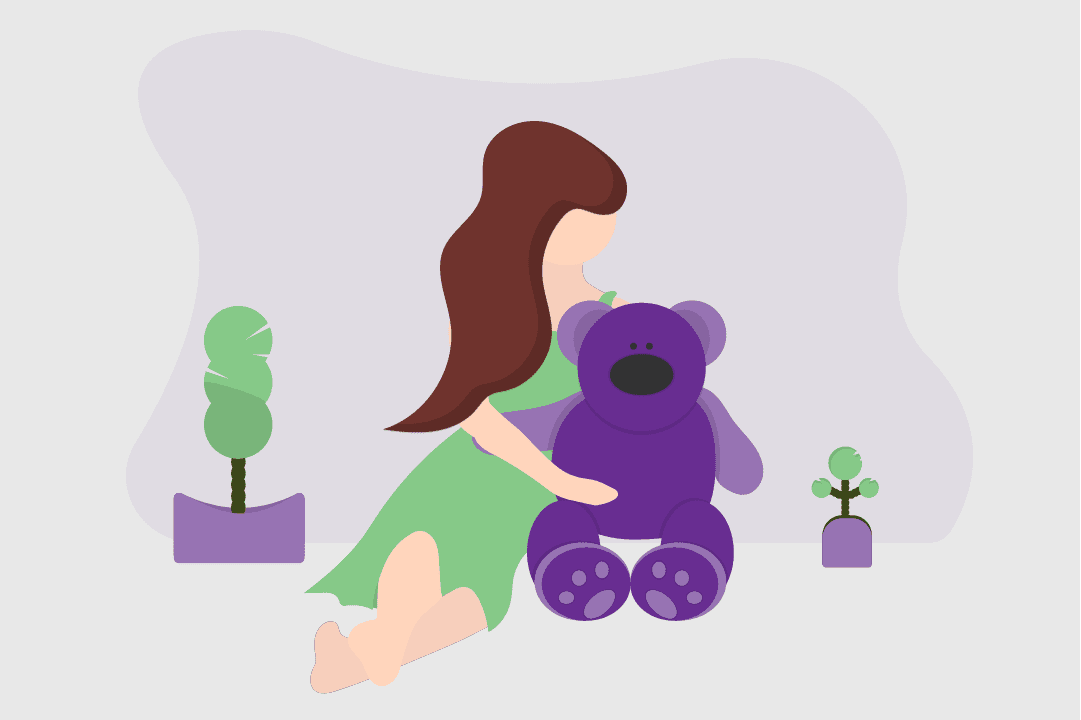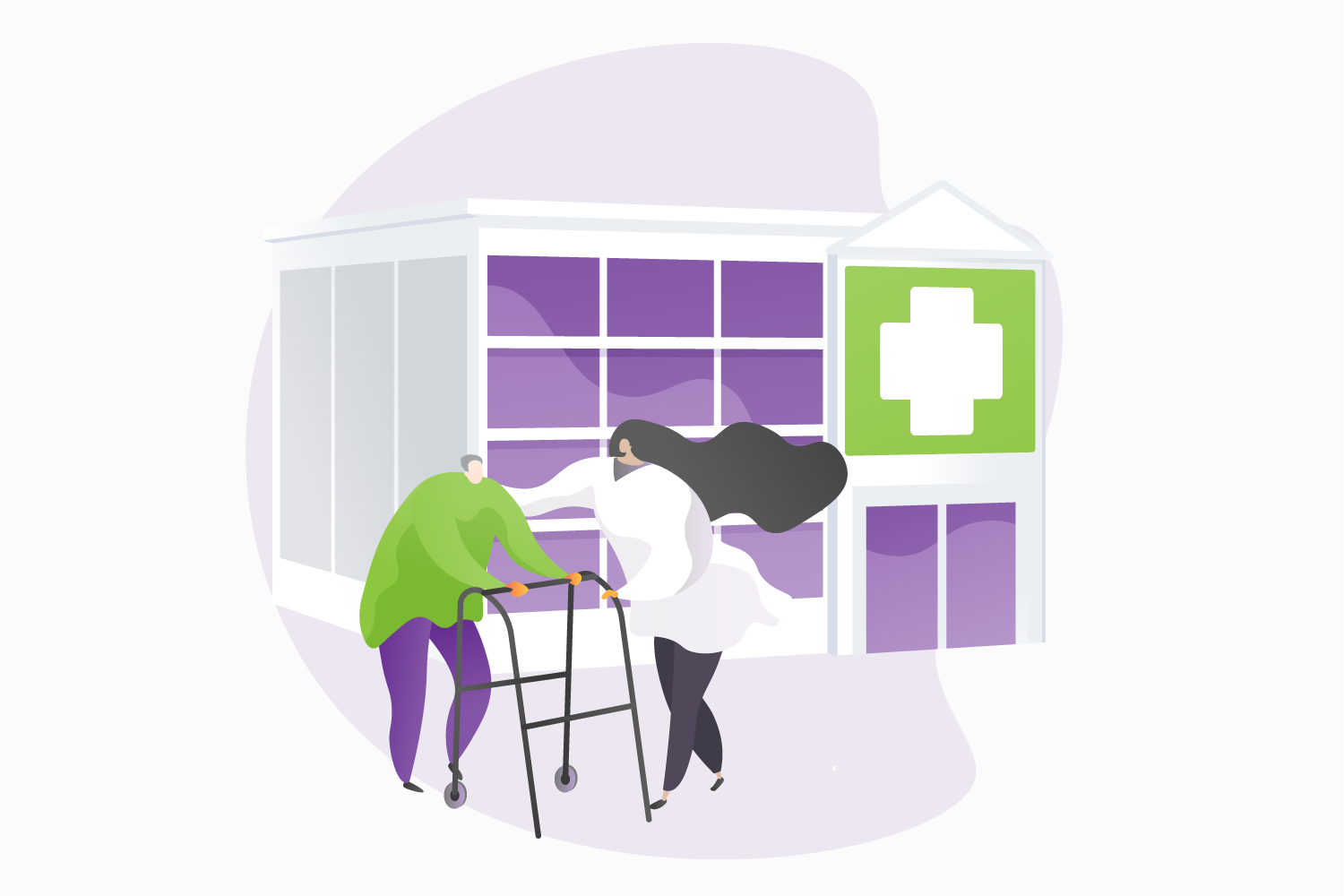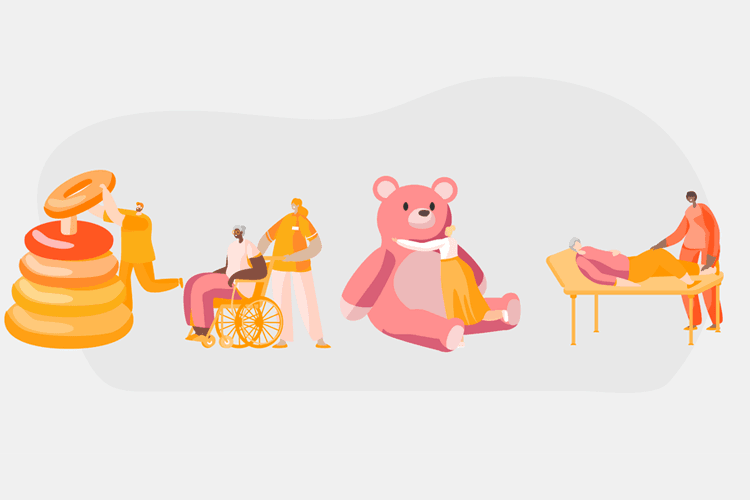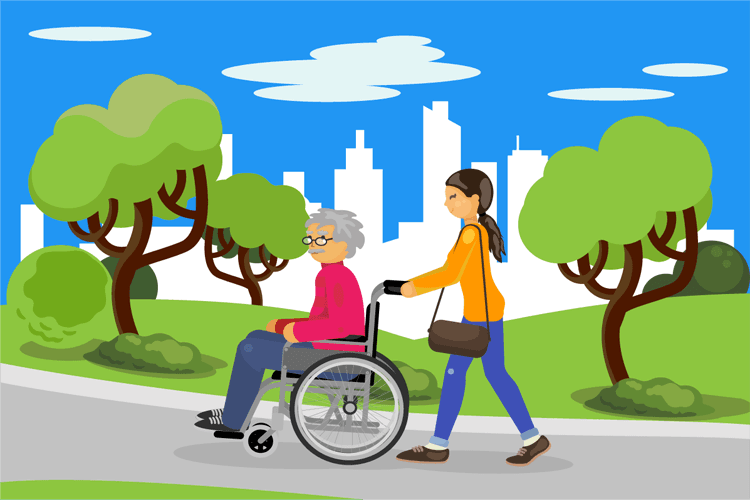Disability support worker job description
Let’s get real. Job information online can often be overly optimistic — conveniently glossing over the raw bits. But when you’re making decisions about your future, you need all the facts.
That’s why we anonymously surveyed disability support workers about their job, with hopes of getting an honest insight into what it’s really like.
While we did our best to ensure respondents were Australians and verified their job titles with proof of employment, we can’t guarantee complete accuracy — or that your experiences in the field will reflect theirs. So, we suggest that you take these insights as a guide only and try to talk to people in the field before making an important decision.
Tasks and responsibilities for a disability support worker
A disability support worker’s job description can vary and depends on their client’s unique needs. Work can take place at a client’s home or in residential care.
A disability support worker’s tasks can be:
- Providing emotional support and friendship
- Assisting in performing daily home care and routine tasks
- Assisting with personal care and personal hygiene
- Facilitating entertainment activities within the home
- Facilitating varied social and outdoor activities
- Communicating with clients’ families and other caregivers
- Accompanying clients to and from scheduled appointments
How to become a disability support worker
-
Study
Complete a course in disability support, like a Certificate III in Individual Support (Disability) (CHC33015) or a Certificate IV in Disability (CHC43115), to gain the fundamental skills needed for a job as a disability support worker.
-
Further Study
To further advance your career as a disability support worker, consider completing a Diploma of Community Services or a Bachelor of Social Work.
-
Volunteer
Contact a local disability service provider and offer your time. Volunteering can equip you with valuable work experience and give you an insight into the industry.
-
Police check and Working with Children Check
As part of the recruitment process for a role in disability support, you generally need to complete both a National Police Check and a Working with Children’s Check.
Pathway options
Disability support worker jobs are the perfect launchpad for a new healthcare career. With the experience gained in your initial disability support worker job, or further study undertaken, there are plenty of directions your career path could take.
Possible pathways could be:
Junior
-
Aboriginal disability worker
Most common qualification: Certificate III in Aboriginal and/or Torres Strait Islander Primary Health Care (HLT30113)
-
Disability support worker
Most common qualification: Certificate III in Individual Support (CHC33015)
-
Home care assistance
Most common qualification: Certificate III in Individual Support (CHC33015)
-
Personal carer
Most common qualification: Certificate III in Individual Support (CHC33015)
-
Residential care worker
Most common qualification: Certificate IV in Child, Youth and Family Intervention (CHC40313)
Mid
-
Disability officer - day support
Most common qualification: Certificate IV in Disability (CHC43115)
Senior
-
Disability services manager
Most common qualification: Advanced Diploma of Community Sector Management (CHC62015)
Explore related qualifications
The best way to prepare yourself for a role in disability support is to gain a disability support worker qualification.
Certificate III in Disability
This qualification provides you with the skills to work in the community or in a residential setting to support those who need old age or disability assistance.
It teaches skills in providing individualised support (both physical and social), ethics of care, enabling technologies, human rights, working with diverse people, effective communication, and more.
The average duration of the course is 35 weeks full-time but can be studied part-time. Delivery can be on campus or online. Learning can be self-paced and requires 120 hours of work placement.
Australian government fee concessions are available for eligible students.
7 providers offer this course

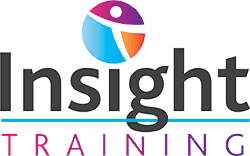


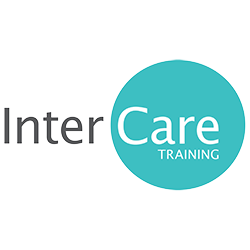


Certificate IV in Disability
provide support and empowerment to people with disabilities. This qualification allows you to work with clients to achieve greater independence, community participation, and general wellbeing.
You can work without direct supervision at this level and may even be required to supervise or coordinate a small team.
The average duration of the course is one year full-time but can be studied part-time. Delivery can be on campus or online. Learning can be self-paced and requires 120 hours of work placement.
Australian government fee concessions are available for eligible students.
1 providers offer this course

Certificate III in Individual Support
The Certificate III in Individual Support equips you with the practical skills to provide care and support to people in aged care, disability, or home and community settings. Learn how to deliver person-centred care, support daily living activities, and promote independence and wellbeing. This qualification is ideal for those passionate about making a difference in the lives of others and starting a rewarding career in the care sector.
7 providers offer this course







Related subjects
Roles in the disability industry come in many shapes and sizes. Other jobs in healthcare or community services need empathetic team players all of the time.
Related articles
Disability support work is an enriching career. If you are keen to find out more, access these resources into the sector.
Reviews
Reviews are from Australian workers with this job title or a very closely related one.
Is this your job title?
Share your thoughts and help people decide if this job is right for them.
- All
- Positive
- Negative
Holly
Sep 12 2021Developing relationships in a unique, rewarding role.
What are the best parts of the job?
There's a lot I enjoy in my role. It's great to not always be working in the office, every day is different, and I love meeting new people. You can make really good money in this job and it's really rewarding.
What's the most challenging part?
Physical care can be exhausting and hard, there are some challenging clients, hard and tiring hours, and lots of travelling.
Georgia
Sep 12 2021I love the little moments, and knowing I'm helping someone.
What are the best parts of the job?
The list of things to love about my job is almost endless. I love making connections, seeing someone overcome a difficulty, and the little moments like smelling the roses with someone. There's variety, there are challenges to overcome, and you feel like you are making a difference. You also get to meet interesting people and learn new skills.
What's the most challenging part?
The main challenges of the job are letting someone down, seeing people suffer, and witnessing learned helplessness. You'll experience some challenging behaviours, and may not always know how to help someone. There's also a lot of physical labour, the need to set boundaries and it can be mentally disengaging.
Hannah
Sep 12 2021Happy to help disabled people achieve their goals, despite hard aspects.
What are the best parts of the job?
Being able to work with people with disabilities to achieve their goals.
What's the most challenging part?
Dealing with impacting aspects such as behaviours, the environment, social factors, and COVID-19.

